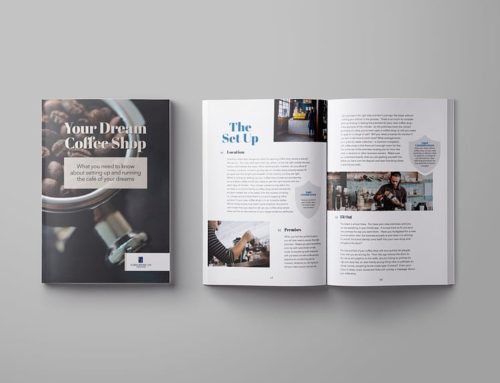 The Defamation Act of 2009 has attempted to modernise and clarify the law in this area. The old terms of libel and slander have now disappeared in respect of written or verbal defamation.
The Defamation Act of 2009 has attempted to modernise and clarify the law in this area. The old terms of libel and slander have now disappeared in respect of written or verbal defamation.
There are now essentially 3 elements which must be met before a defamation claim can be brought and the first step is to see if all of these boxes can be ticked:
- 1) The defamatory statement must be published. This is in fact very wide and can include written, spoken or visual defamation. This can encompass items for example in a newspaper, on the internet or broadcast on television or radio.
- 2) Very simply the injured party must be clearly identified.
- 3) The effect of the defamation must be that it has blackened and damaged the reputation of the injured party.
Generally the limit in most actions in the Circuit Court is just over €38,000, however, in defamation cases this has been extended to €50,000. This widening of the Circuit Court jurisdiction is certainly very helpful.
There are a number of defences contained in part 3 of the 2009 Act as follows:
- s16 Truth
- s17 Absolute privilege
- s18 Qualified privilege
- s20 Honest opinion
- s22 Offer to make amends.
- s24 Apology.
- s25 Consent to publish.
- s26 Fair and reasonable publication on a matter of public interest.
- s27 Innocent publication.
Most of the above is relatively self explanatory and the text of the Act explains these in further detail. Absolute privilege gives a protection for things said, for example, by a Judge, or for a statement made in the Oireachtas. There are a total of 23 categories of absolute privilege are listed in the Act.
At the end of the day even if an offensive statement has been made which ticks all three boxes for defamation, this does not mean one would necessarily win a case on this. Not only are the defences wide and varied, but they are also tinged with some subjectivity. One person’s view on an honest opinion may differ from another’s.






